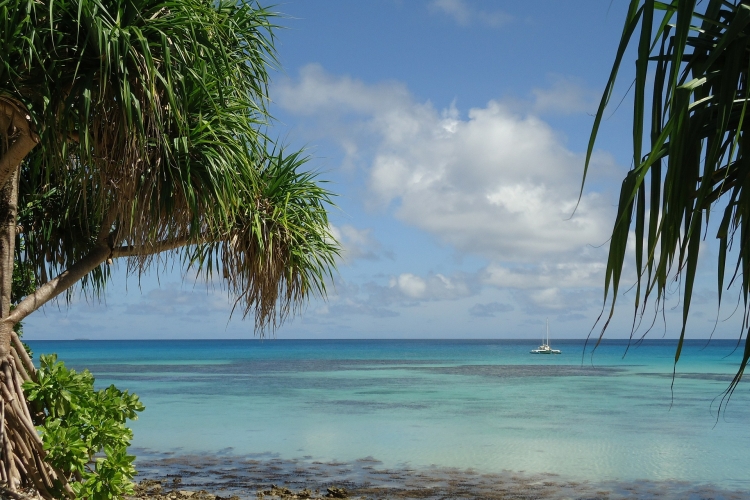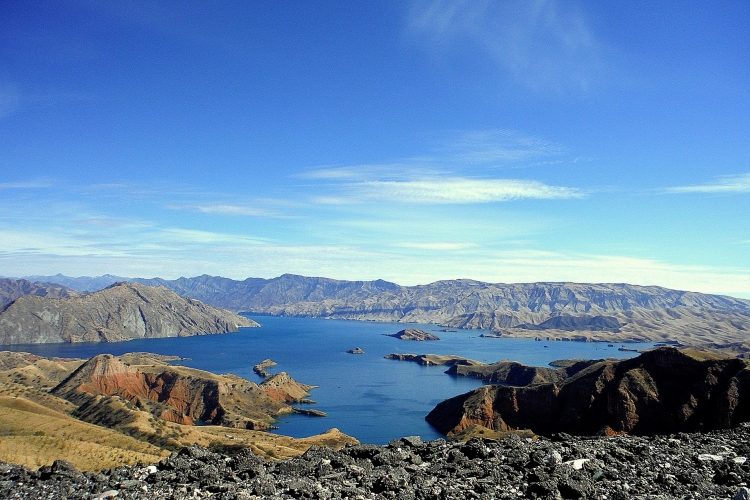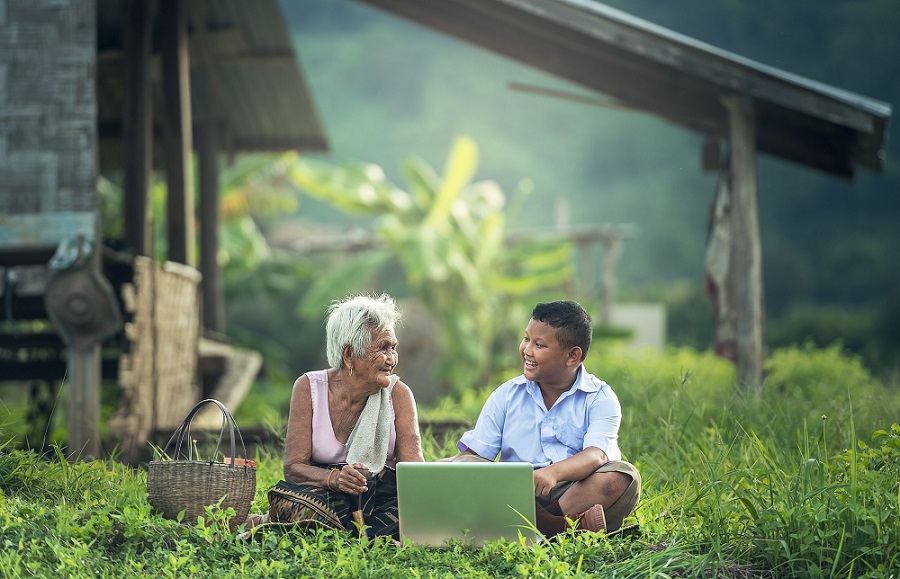What is the role of IXPs in Oceania?
The cost of transit between networks in Oceania, coupled with the high cost of international bandwidth, are likely to be driving factors behind the rise in Internet Exchanges Points (IXPs) in the region, according to Narelle Clark, CEO of the Internet Association of Australia (IAA).










